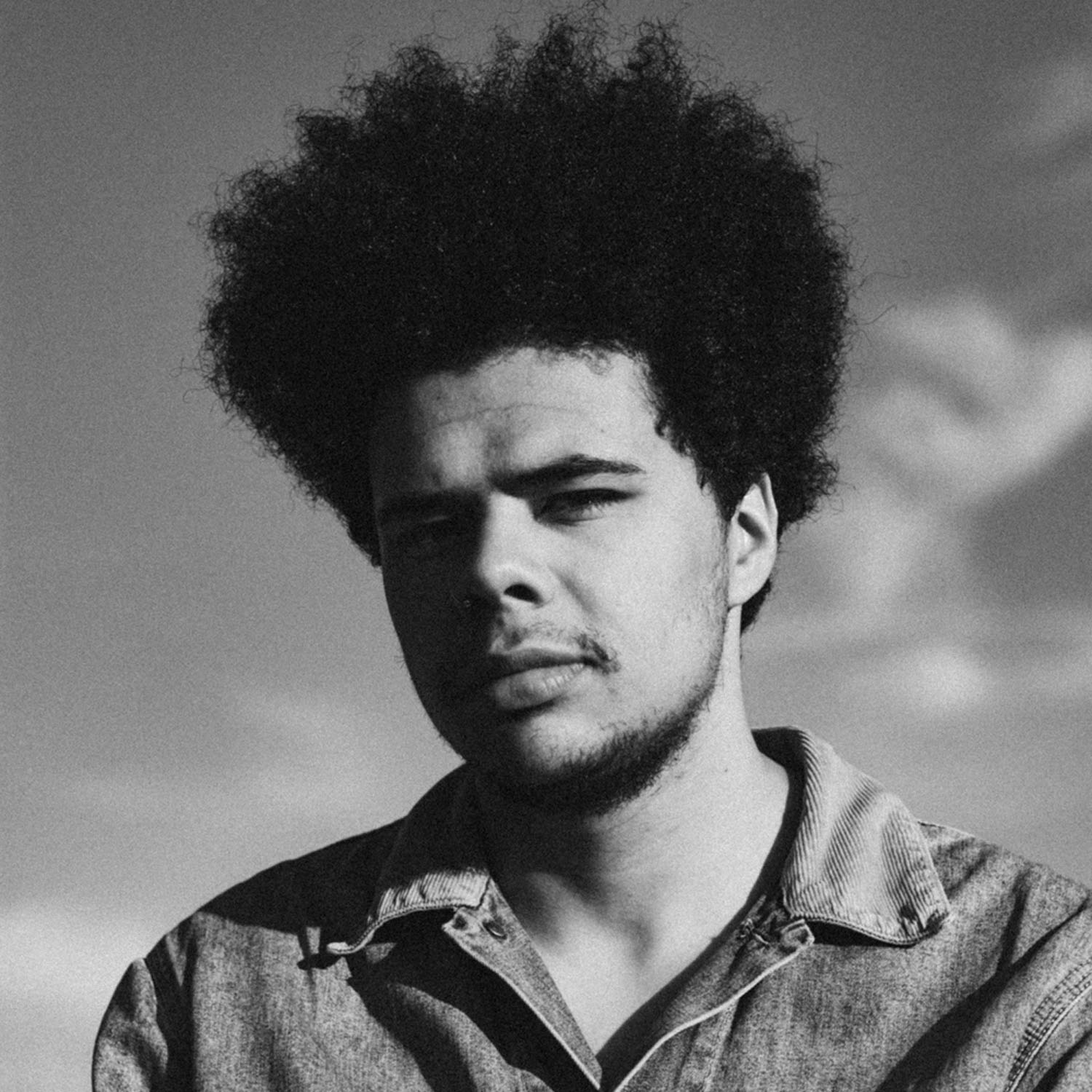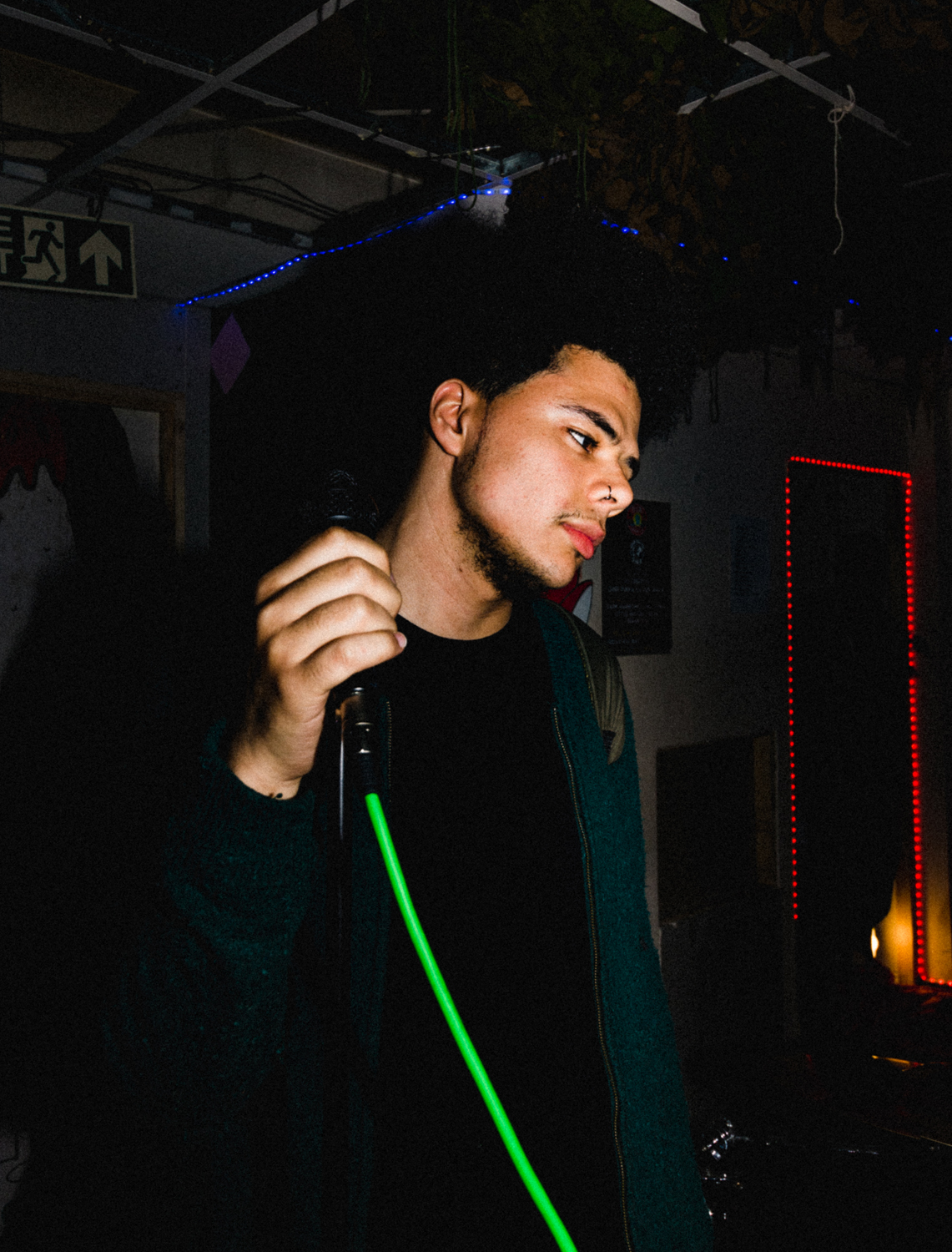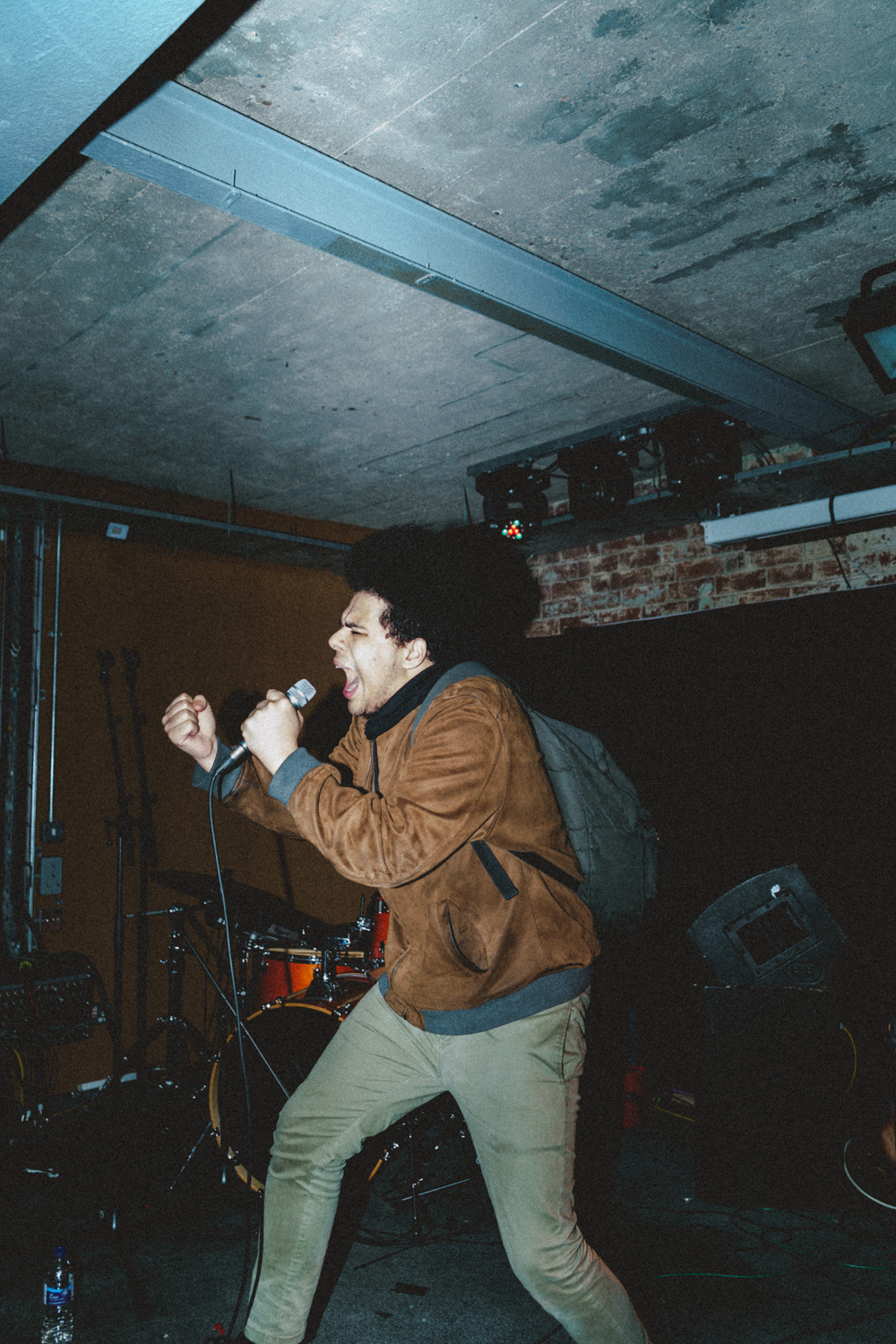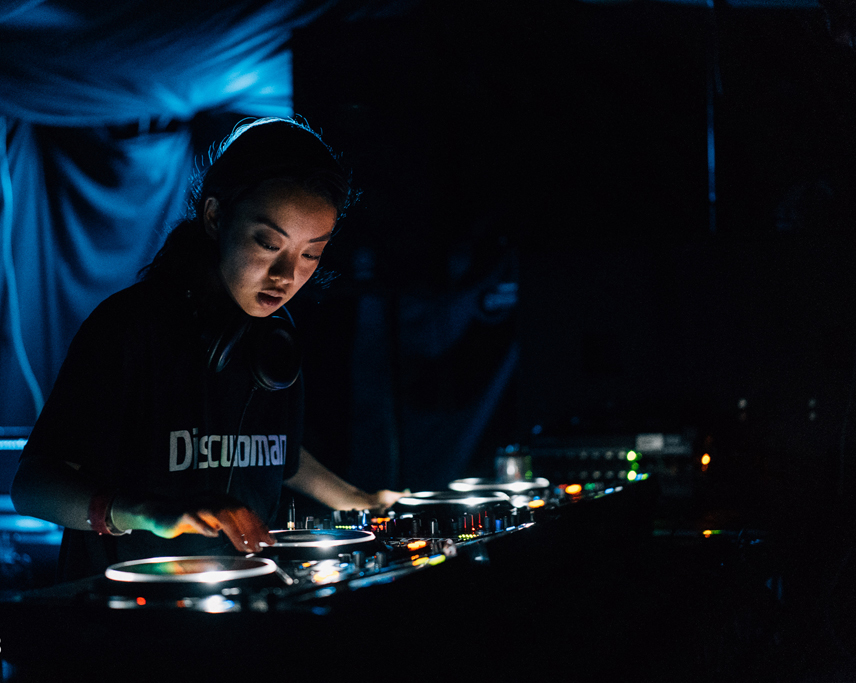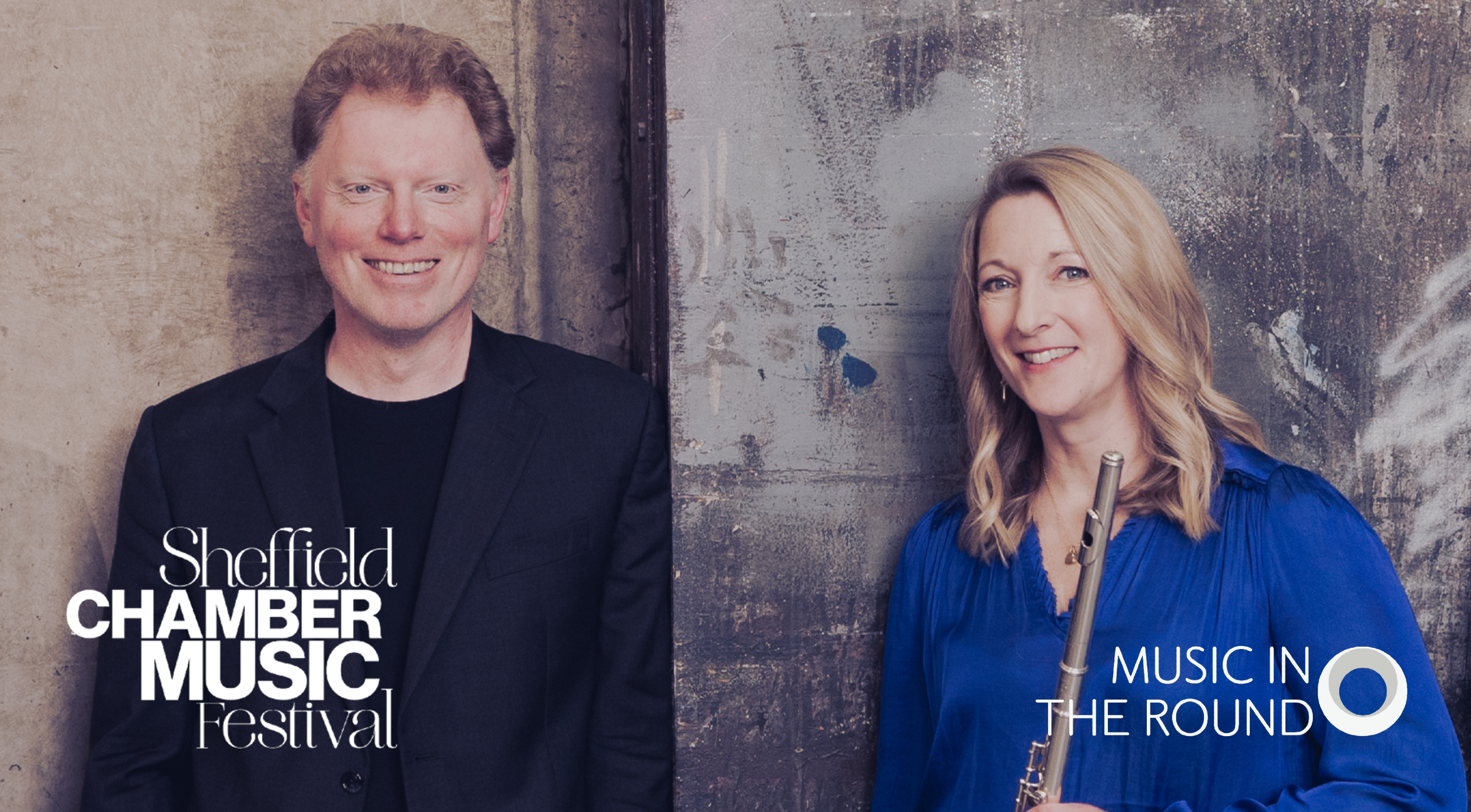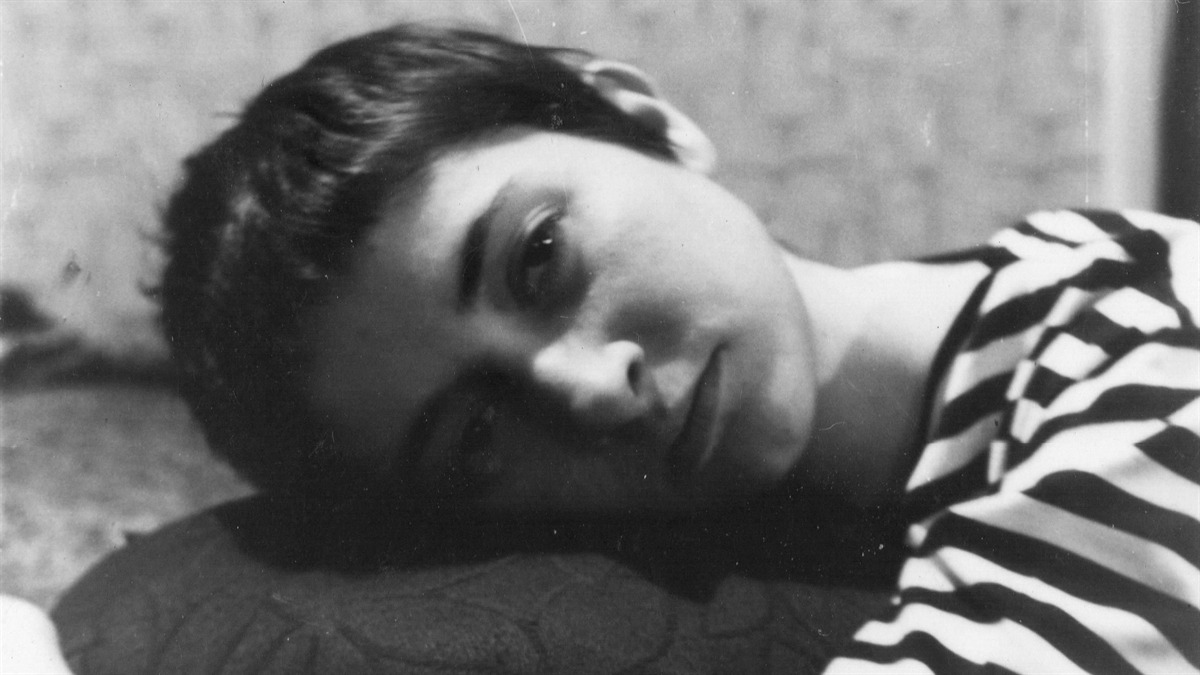One of the many legacies of Magid Magid’s game-changing year as lord mayor of Sheffield is that our city now has its very own poet laureate. The first to be awarded the title was Otis Mensah. Otis was the obvious choice for the post as, in Magid’s words, he “represents all that is great about Sheffield – he’s dynamic, skilful and radical”. And nobody can argue that he’s more than qualified for the role of bringing poetry to the people and championing the arts in new and exciting ways in Sheffield – with his distinctive streams of consciousness, his position on art as activism, and his clear vision of poetry and rap as a means of communicating emotion. Our music writer Tom once wrote that Otis has "a knack of making performing look as natural as breathing in and out", and that knack has seen him support the likes of Killah Priest of Wu-Tang Clan, and bag a slot at Glastonbury.
Just as national poet laureates are called upon for occasions of significance, Otis was invited by Tramlines to curate the Speakers Corner stage for its 2019 edition, and to host lineups of incredible minds working in poetry, spoken word and lyricism at Sheffield Makes Music and Off the Shelf. And in October 2019, he released his incredible EP Rap Poetics.
We spoke to Otis in 2019, part-way through his two-year stint as the city’s first poet laureate, to find out what gets him writing, and the people and places he thinks the city should be championing.
How would you describe your work?
Alternative hip-hop is my safe answer. It goes beyond that label but first and foremost I see myself as an MC or poet participating in the broad culture of hip-hop, and I say alternative as a sort of disclaimer for people to create a different space in their minds when they think about the genres and styles of hip-hop that exist. I see myself as part of the same branch of music as some of my favourite artists who are to the left and slightly alternative – like Aesop Rock, Open Mike Eagle, even to some extent Mos Def and The Pharcyde.
How do you choose the themes you work with?
For the most part my work is a means of therapy. My writing acts as a sort of “dear diary” – when I’ve got this build up of emotions or thoughts that are either troubling or interesting me, I’m able to spill them out on the page. Some of the recurring themes within that are mental health, the idea of the self, and the uncomfortable parts of introspection. On a philosophical level I enjoy playing with the nuances in life, its contradictions and paradoxes. The themes that come up in my most recent poetry book are of trauma that’s unspoken, that hasn’t been given a voice, and trying to tell the story of a side of myself that is usually socially normalised.



